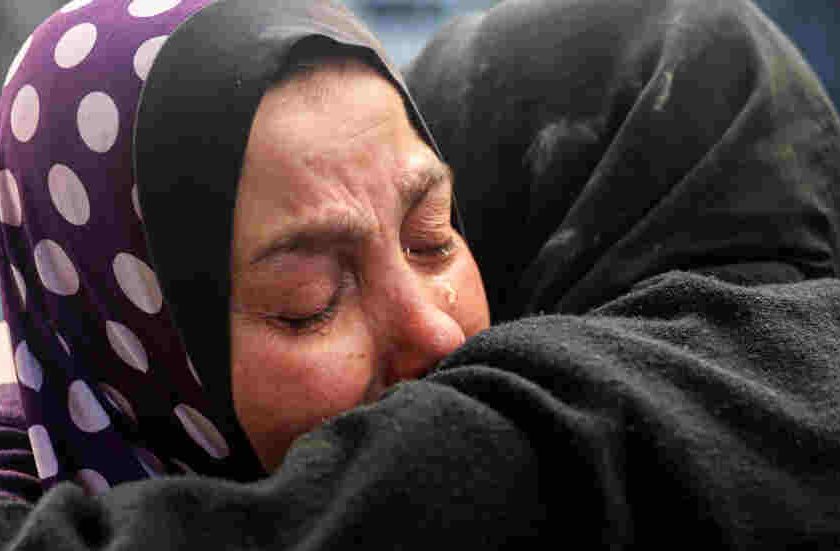Gender-based violence (GBV) is a severe issue that escalates during times of crisis, such as wars and armed conflicts. These extreme situations exacerbate vulnerabilities and often lead to increased violence against women and girls, affecting their safety, dignity, and well-being.
The Surge of Violence During Conflicts
In times of war and armed conflict, women and girls face heightened risks of sexual violence, including rape, forced prostitution, and trafficking. Conflicts disrupt social structures, and the breakdown of law and order often leaves women and girls more exposed to violence. The chaos of war can lead to the systematic use of sexual violence as a weapon of war, used to demoralize communities and exert control over populations.
Psychological and Physical Impact
The impact of gender-based violence in conflicts is profound. Survivors often suffer from long-term psychological trauma, including post-traumatic stress disorder (PTSD), depression, and anxiety. The physical consequences can be severe, including injuries and long-term health issues, such as sexually transmitted infections and unwanted pregnancies.
Barriers to Accessing Services
During conflicts, access to essential services for survivors of gender-based violence is frequently disrupted. Health facilities may be damaged or inaccessible, and the lack of security can prevent survivors from seeking medical care or legal assistance. Humanitarian crises can overwhelm existing support systems, making it difficult for survivors to receive the help they need.
Efforts to Address Gender-Based Violence in Conflict Zones
Efforts to combat gender-based violence in conflict zones involve a multi-faceted approach. Humanitarian organizations work to provide emergency medical care, psychological support, and legal assistance to survivors. Programs are often implemented to raise awareness about the issue and advocate for the protection of women and girls in conflict settings.
The Role of International Community and Advocacy
The international community plays a crucial role in addressing gender-based violence during conflicts. Various international frameworks and resolutions, such as the UN Security Council Resolutions on Women, Peace, and Security, emphasize the need for protecting women and girls and holding perpetrators accountable. Advocacy and international pressure can lead to greater attention to and resources for addressing gender-based violence in conflict zones.
Rebuilding and Prevention
Post-conflict, efforts to address gender-based violence include rebuilding health systems, ensuring access to support services, and integrating gender-sensitive approaches into reconstruction and development programs. Prevention strategies are also critical, including promoting gender equality, strengthening legal frameworks, and educating communities about the rights and protection of women and girls.
Addressing gender-based violence in times of crisis requires a coordinated and sustained effort to ensure that the rights and dignity of women and girls are upheld, and that survivors receive the support and justice they need.
BY KAYITESI Ange






